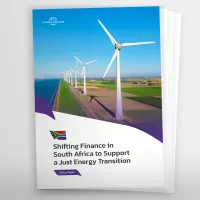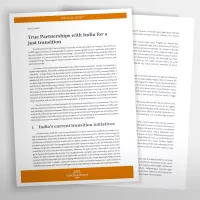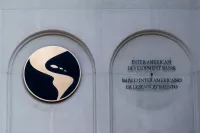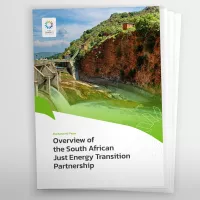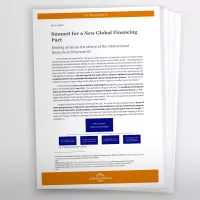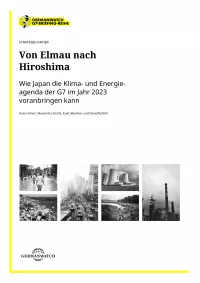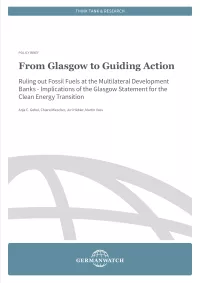Aktuelles zum Thema
As countries transition to low-carbon and climate-resilient economies, finance flows will need to shift to support these transitions, in line with the third long-term goal of the Paris Agreement, Article 2.1c. South Africa was the first country to sign a Just Energy Transition Partnership (JETP). In this context, South Africa developed a Just Energy Transition Investment Plan (JET IP) laying out a series of policies and regulations the country would implement to achieve its just energy transition. This paper offers an analysis of these policies and regulations, using existing Article 2.1c approaches.
India’s transition towards a low-carbon economy is central to achieving global climate goals. How can international cooperation support Indian efforts? In our policy brief, we argue that “True Partnerships” between India and the Global North should put the poeple, equity, and climate action at the core of cooperation, to achieve a transition that is green and just.
The international climate finance architecture is a complex landscape in which multilateral development banks (MDBs) play a prominent role. In addition to bilateral climate finance flows, donor countries provide international climate finance directly to MDBs, as well as to multilateral climate funds such as the Green Climate Fund (GCF), Global Environmental Facility (GEF), Adaptation Fund (AF) and Climate Investment Funds (CIF), which MDBs also tap into for project finance.
In March 2023 the IDB Group published its “Paris Alignment Implementation Approach: Principles, Methodology, and Technical Guidance” (PAIA). The document is based on the joint MDB framework and lays out how the IDB plans to adapt the framework to its own institutional procedures. This blog post provides an overview on what are promising, concerning and unclear elements in the IDB Group’s general Paris alignment methodology.
The Just Energy Transition Partnership (JETP) in South Africa marks a significant milestone and serves as a blueprint for future initiatives in other developing countries. The USD 8.5 billion partnership programme is designed not only to help decarbonise South Africa's energy sector to mitigate climate change, but also to catalyse inclusive sustainable development. This background paper by IRID and Germanwatch provides an overview of the partnership process to date, including a general overview, its framework, and guiding principles.
The current international scenario is characterised by a complex web of global crises. This situation is having a particularly negative impact on the countries of the Global South, which are facing considerable financial constraints that are hindering the implementation of the 2030 Agenda. In this context, the French Government is organising the Summit for a New Global Financing Pact on 22-23 June 2023, which aims to forge a new pact between Global North and Global South countries.
Following the release of their ‘Instrument Methods’ for Paris alignment, the World Bank Group published accompanying sector notes for Energy and Extractives; Agriculture and Food; Transport; Environment, Natural Resources and Blue Economy; Water; as well as Urban, Resilience, Disaster Risk Management, and Land. The notes detail the approach to assess whether different types of projects in these sectors are aligned with the Paris Agreement. The World Bank Group will update the notes, and will publish six more for additional sectors. In this blog we look at whether the approaches in the notes are sufficient to avoid financial flows that conflict with the Paris Agreement.
Germany’s G7 presidency is coming to an end, and the next Leader’s Summit in Hiroshima on May 19-21 is approaching fast. This means that there is little time left for the G7 to make tangible progress on the climate and energy agenda. In our policy brief, we outline the key issues for the G7's climate and energy agenda in Hiroshima and make recommendations on how Japan can advance the agenda in 2023.
The majority of signatories of the Glasgow Statement is still lacking adequate policies which ban finance for the international unabated fossil fuel sector, including their voting behaviour at multilateral development banks. Germanwatch analysed the current status of implementation of the Glasgow Statement and developed recommendations for appropriate policies and well defined exception criteria in order to align with the Paris Agreement and stay below 1,5°.

